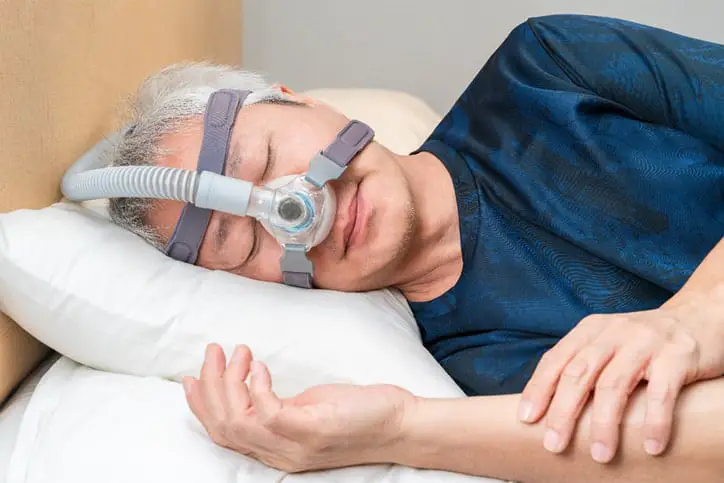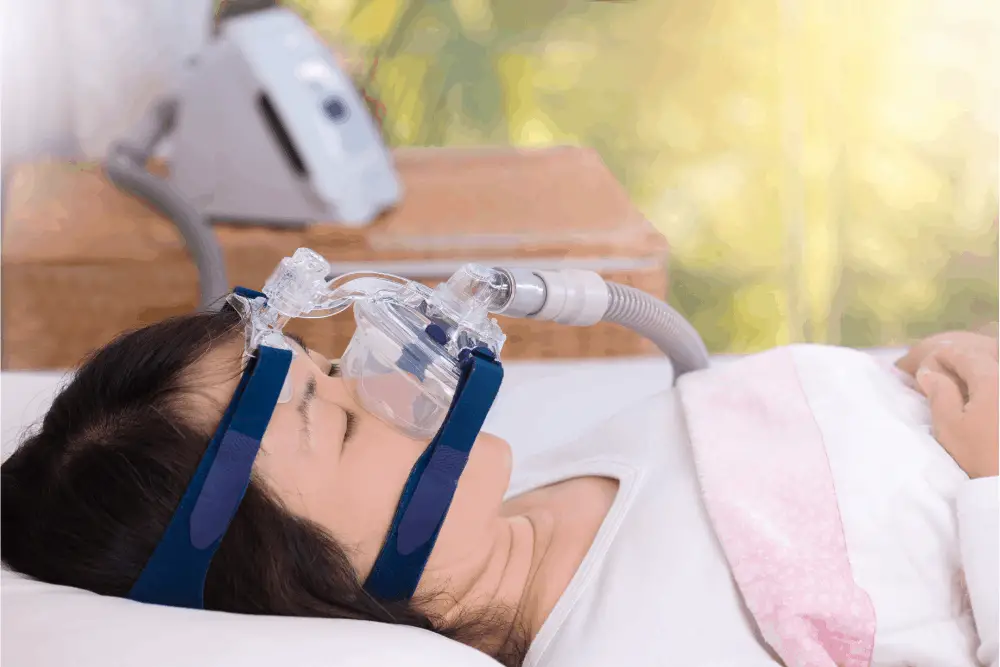You may have heard about continuous positive airway pressure therapy, or a CPAP machine and the benefits of using one for sleep apnea.
However, if you have mild sleep apnea, then you may be wondering if this type of treatment is right for you. Luckily, we are here to answer any queries that you may have.
What is a CPAP for?
A CPAP machine is intended for a steady flow of oxygen into the nose and mouth, to help reduce the symptoms of obstructive sleep apnea.
A continuous positive airway pressure machine works by keeping the airways clear and open, to help users breathe during the night.
Therefore, with a CPAP machine, you will have a continuous amount of oxygen and air into the lungs, so that there are no obstructions, and users can breathe freely.
How to Tell If You Have Sleep Apnea
If you have concerns about your health and breathing, then you should always seek the help of a medical professional, or your doctor. Your doctor can then help to diagnose your condition based on symptoms, tests or examination.
If you feel that you may have obstructive sleep apnea, then you will be referred to a specialist, or for a sleep study for further tests.
Once you have these tests, you may also have your throat, mouth, and nose inspected in case there are any abnormalities or extra tissue. Once all examinations have taken place, then you will be given a diagnosis, and offered the best type of treatment for your condition. Depending on the severity of the obstructive sleep apnea, you may be offered a CPAP machine.

Do you need a CPAP for mild sleep apnea?
Obstructive sleep apnea, or OSA is a common issue, which can greatly affect your breathing. This means that during sleep, your breathing may stop and start often. Obstructive sleep apnea is often treated with the help of CPAP therapy, which can greatly reduce the risks and symptoms of sleep apnea. So, what about mild symptoms of sleep apnea?
Mild sleep apnea does not always have to be treated if you only have a few mild symptoms. You can make some diet and lifestyle changes in order to lessen and reduce the symptoms entirely, without CPAP therapy.
Continuous positive airway pressure therapy, or CPAP treatment is most commonly reserved for those who suffer from moderate to severe sleep apnea, and is not often given to those with mild sleep apnea. This is mainly due to the fact that mild sleep apnea does not require continued treatment if symptoms happen irregularly, or are not severe.
Can mild sleep apnea be cured?
Depending on your particular case, you can cure mild symptoms of sleep apnea. The best way to treat mild sleep apnea depends on your specific case of the issue, and it may take a little trial and error to find the right course of treatment for you. That being said, there are a few suggestions that you can take into consideration if you want the mild symptoms of sleep apnea to reduce.
For instance, you may want to try sleeping in a side position, rather than on your back, or try to treat any nasal congestion or allergies that you may be suffering from. In addition, it can sometimes be beneficial to adopt a healthier lifestyle, and try to lose a little bit of weight, as this can often have an effect on your mild obstructive sleep apnea.
On a similar note, you should avoid alcohol or any drugs as these can cause the throat to relax, which can cause your symptoms of sleep apnea to return. You should also always try to keep a good sleeping pattern, and try to get an adequate and healthy amount of sleep as much as you can.
What level of sleep apnea requires a CPAP?
When it comes to obstructive sleep apnea, it is typically moderate or severe symptoms that require continuous positive airway pressure as the first line of treatment.
A CPAP is mainly recommended for the worst sufferers of sleep apnea, where mild symptoms of obstructive sleep apnea can be treated through other treatments.
That being said, if your doctor suggests CPAP therapy, or any other avenues of treatment, then you should always listen to and take their professional advice.

Damon Wiseley is a Registered Respiratory Therapist and Certified Pulmonary Function Technologist.
